A recent study by the International Foundation of Employee Benefit Plans suggests that 32% of employers offer weight management programs while 45% cover bariatric surgery. This same survey indicates that 22% of U.S. employers are now covering certain prescription drugs for weight loss.
Perhaps this increase in prescription drug coverage is due to advancements in weight loss medications, or the growing recognition that obesity is a disease that increases the risk of other chronic conditions, such as high blood pressure, type 2 diabetes, coronary heart disease, and some cancers.
After all, the costs of obesity are enormous: Up to half of new diabetes cases in the U.S. are linked to obesity, and obesity costs the healthcare system nearly $173 billion annually.
Nevertheless, these drugs are expensive, costing as much as $1,400 a month, and necessitate long-term dosing. And it’s fair to say that some of these drugs are being misused and abused.
This raises the question of whether employer health plan sponsors should cover this new class of drugs to treat obesity.







.jpg)














